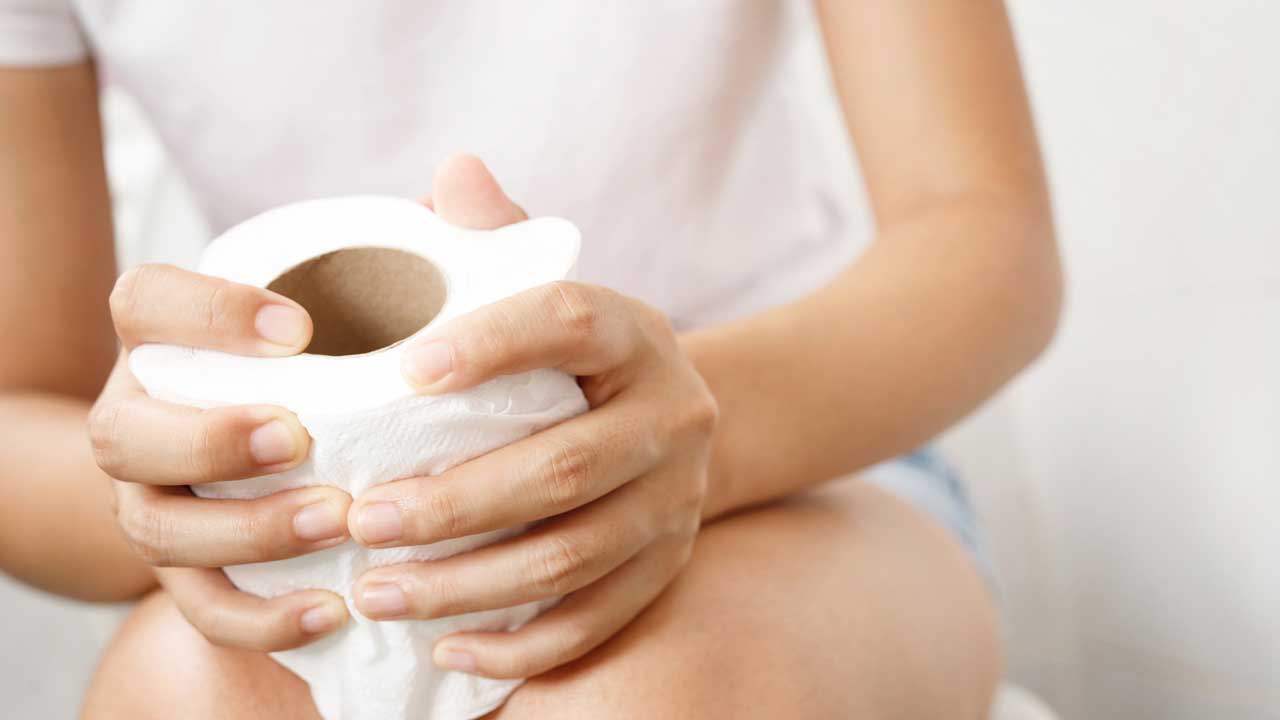Here are some common causes:
- Diet:
- Low Fiber Intake: Not eating enough fruits, vegetables, and whole grains.
- Dehydration: Not drinking enough water.
- Excessive Dairy: Consuming too much dairy products.
- Lifestyle:
- Lack of Physical Activity: Sedentary lifestyle can slow down the digestive system.
- Ignoring the Urge: Ignoring the urge to have a bowel movement can lead to constipation.
- Medications:
- Certain medications such as painkillers (especially narcotics), antacids containing aluminum or calcium, iron supplements, and some antidepressants.
- Medical Conditions:
- Irritable Bowel Syndrome (IBS): A common disorder affecting the large intestine.
- Hypothyroidism: Underactive thyroid can slow down metabolism, including bowel movements.
- Diabetes: Can cause nerve damage that affects the digestive system.
- Neurological Disorders: Conditions like Parkinson’s disease or multiple sclerosis.
- Hormonal Changes:
- Pregnancy and menstruation can affect bowel movements.
- Aging:
- As people age, the digestive system can slow down, leading to constipation.
- Changes in Routine:
- Traveling or changes in daily routine can disrupt regular bowel movements.
- Overuse of Laxatives:
- Using laxatives too frequently can lead to dependence and worsen constipation over time
Addressing constipation typically involves lifestyle and dietary changes, such as increasing fiber intake, staying hydrated, and exercising regularly. If constipation persists, it is advisable to consult a healthcare professional for further evaluation and treatment.
@tattedmamatraining Combatting bloating involves several strategies, including dietary adjustments, lifestyle changes, and sometimes medical interventions. Here are some effective ways to combat bloating: Identify and Avoid Trigger Foods: Certain foods and beverages can contribute to bloating in susceptible Stay Hydrated: Drinking plenty of water helps prevent constipation, which can contribute to bloating. Aim to drink at least 8 glasses of water per day, and consider sipping on herbal teas or infused water for additional hydration. Limit Carbonated Drinks: Carbonated beverages can introduce air into the digestive system, leading to bloating and gas. Try limiting or avoiding carbonated drinks like soda and sparkling water, especially during or after meals. Manage Stress: Stress can impact digestion and contribute to bloating. Practice stress-reducing techniques such as deep breathing exercises, meditation, yoga, or spending time in nature to help alleviate bloating associated with stress. Exercise Regularly: Regular physical activity can help stimulate digestion and reduce bloating. Aim for at least 30 minutes of moderate exercise most days of the week, such as walking, cycling, or swimming. Consider Probiotics: Probiotics are beneficial bacteria that can help support digestive health and reduce bloating. Consider incorporating probiotic-rich foods like yogurt, kefir, sauerkraut, and kimchi into your diet, or talk to your healthcare provider about taking a probiotic supplement. Try Digestive Enzymes: Digestive enzyme supplements can help improve digestion and reduce bloating, particularly for individuals with conditions like lactose intolerance or pancreatic insufficiency. Consult with a healthcare provider before starting any new supplements. #bloating #bloatingtips #bloatingrelief #menopausesymptom #perimenopause #menopause #bloated ♬ original sound – Tatted Mama Training




